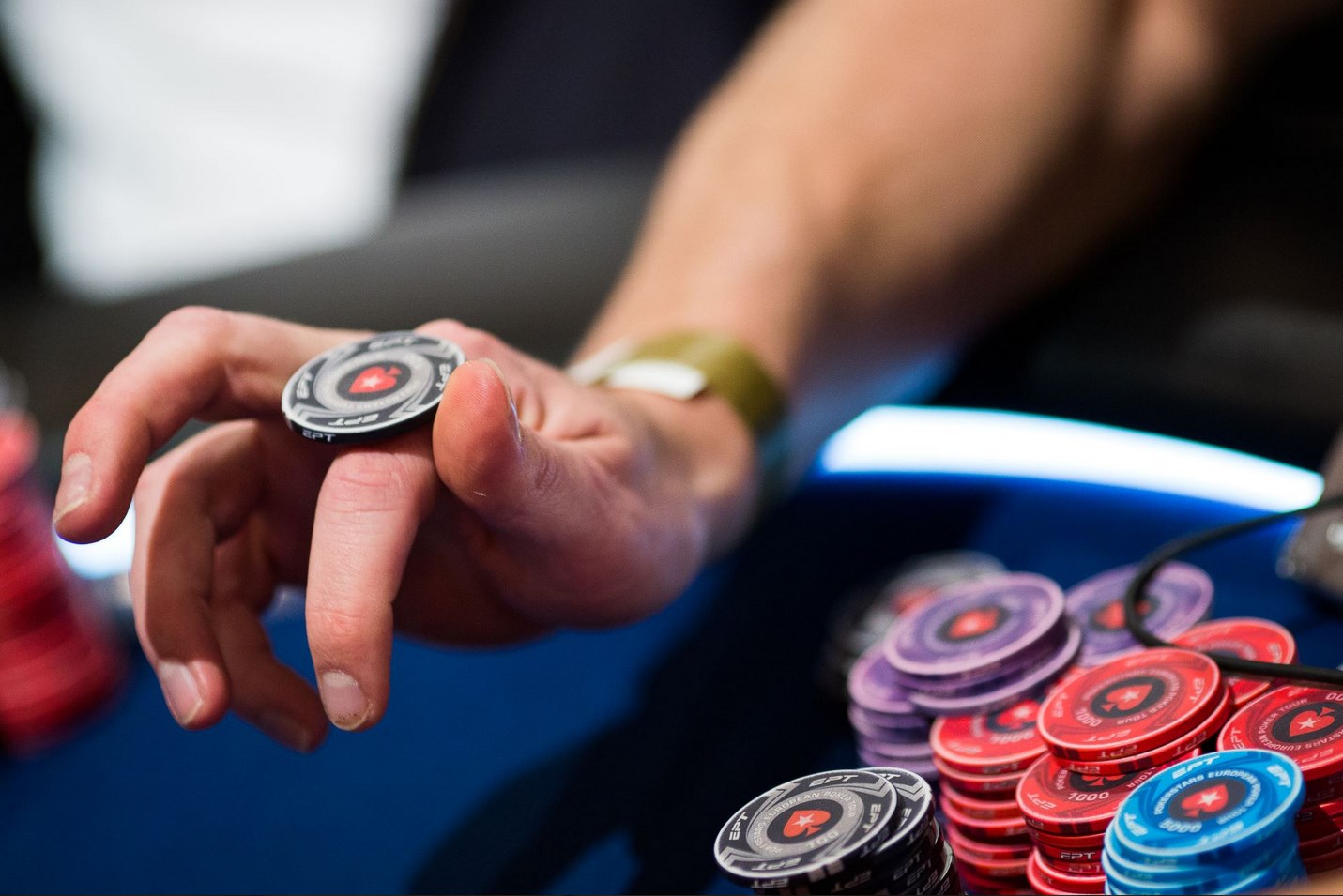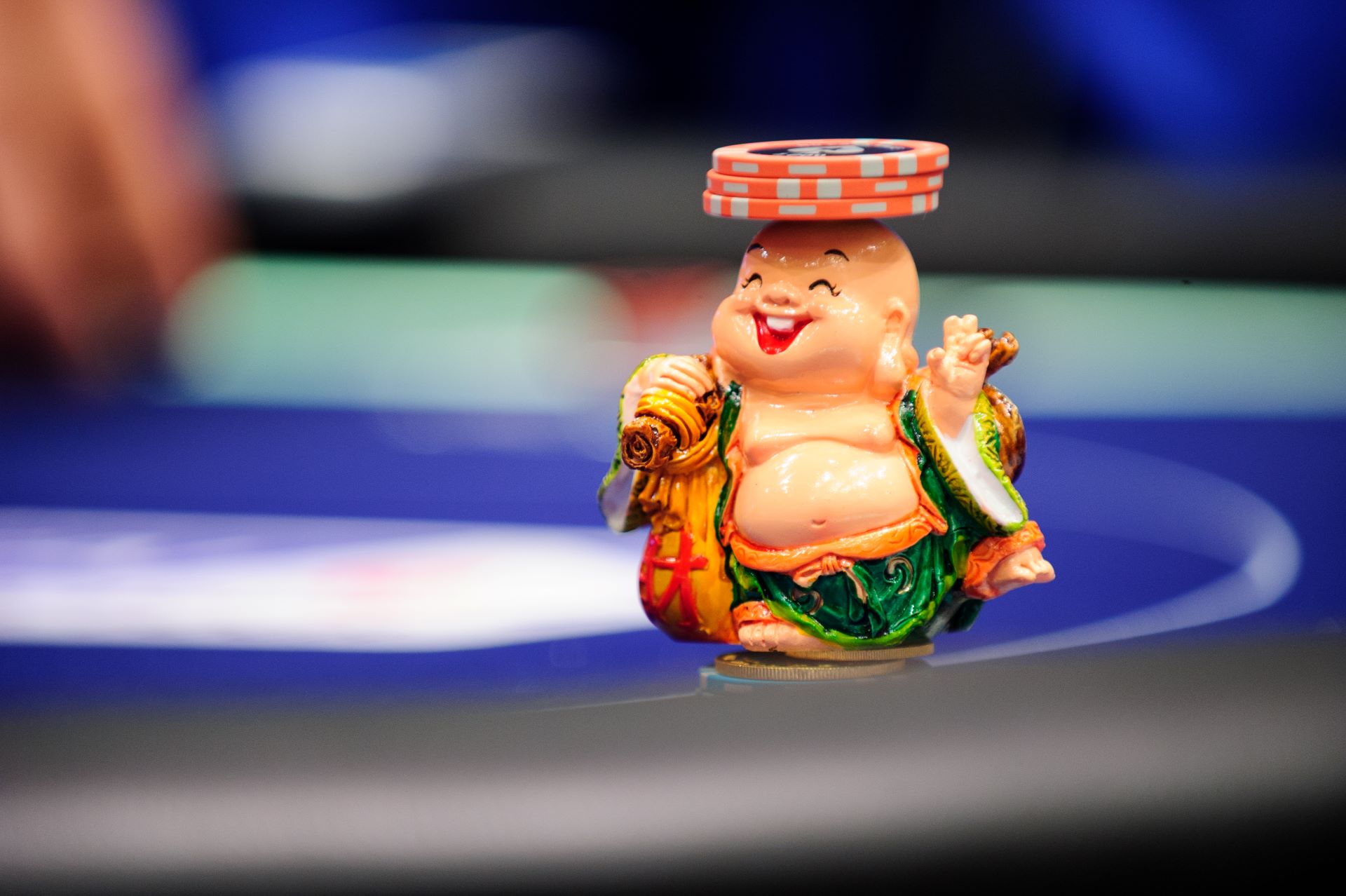12 qualities of a poker winner, part 2
05.07.2021

The first 6 features are presented here.
- The winner admits his mistakes in a timely manner. During the game of poker, there are always situations where a good hand preflop and first streets postflop was objectively ahead of other players' hands and we were consistently collecting value from our opponent's weaker range. However, on the turn or river, our opponent takes an aggressive action, signaling unambiguously that our initial estimate of our opponent's range needs to be adjusted and our strong hand is no longer valuable. Therefore, instead of further investing money in the bank, we must throw away our good but losing hand. A good regular will calmly part with his cards. His pulse will not even increase and his blood pressure will not rise. Nevertheless, very often it happens that a poker player cannot throw an obviously losing hand into a pass, since part of his mind refuses to admit defeat and the fact that he was outplayed. This is the hallmark that differentiates the average player from the plus-size regular.
- The ability to learn from your mistakes. A poker winner rarely makes the same mistake twice. Otherwise he would not have been so stable and winning at his limits. Mediocre players often neglect training, preferring instead of inspired work in poker programs (like Power-Equilab) to eradicate their many leaks, watching a poker stream, which rarely has even a microscopic positive impact on the skill level of a poker player.
- Acceptance of responsibility. Bad players blame everyone around for their defeats: an unfair RNG, constantly dealing bad cards and frames EXCLUSIVELY to them; stupid fish, completely unable to play and doing absurd absurdities that frustrate "expert players"; even the “curse of cashouts” was invented, when the poker room deliberately punishes and takes money from a professional player who dared, to his misfortune, withdraw part of the bankroll to his account. All these myriads of frankly contrived reasons perfectly resonate with such a feature of human psychology as a tendency to self-deception. The top players, instead of endless excuses and complaints about bad beats, tackle the only aspect of poker that they completely control - their own game and the elimination of leaks in it.

- Drawing the line between the game of poker and the personality of the opponents. Rarely does a poker session go without a typical situation where we sit in position against an overtly weak opponent and patiently wait for the chance to take the stack away from him. As a rule, sooner or later, his chips move to us. However, there are also special sessions where we wait, wait, wait ... and nothing works for us: we are given outright rubbish, and a weak but aggressive opponent seems to mock us and win absolutely all the banks. The typical reaction of the average player is looser entry into the pot to try to punish the insolent person and a much more painful reaction to each new lost hand. Some even start to fire up the opponent using chat and insult him in every possible way. Agree, this is a familiar situation that almost everyone has managed to visit during their poker career. The winner reacts differently - he continues to wait for that very happy moment and takes away everything stolen by the fish. Or he simply leaves the table if he feels a decrease in the level of concentration or the approach of tilt.
- Fast adaptation to changing conditions. The best examples are tight rock players that are ossified in their dogmas and successful tight-aggressive regulars. The first ones remembered their charts, plus lines and do not deviate from them even a step. Instead of systematically expanding your gaming arsenal and developing your skills, you will increase the number of tables played for the sake of achieving momentary profit. The latter constantly analyze their mistakes, try new lines, study all available information for further progress. There is a need for a balanced game - they quickly acquire PokerSnowie and fight with the poker bot, incinerating vulnerabilities in their game. Is there a need to improve the effectiveness of the fight against regulars? - Carefully read and take notes in the book "Exploitation of Regs" by Three Nguyen.
- Controlled aggression. Really good, playable poker starting hands don't deal very often. Even less often is the situation when excellent cards are dealt and we have a position for a weak player. But even the intersection of these two favorable factors does not always guarantee our success. In order to fully benefit from favorable circumstances, we must be able to get the maximum benefit at the right time by placing bets and raises on time. Otherwise, we won't be of any use from a good hand and a fish at the table. Winners masterfully know how to take advantage of the situation and take 100% away from the recreational player.
Summary
It is very difficult to meet in real life at the poker table a player who is equally possesses all 12 virtues. Someone better adapts to the game of opponents or changing poker conditions in general, someone has an amazing ability to concentrate and notices the smallest details in the actions of opponents. There is only one indisputable fact: the more a professional poker player develops the qualities of a winner, the stronger his game becomes, and the more impressive success he will demonstrate over the long distance.





 Log in
Log in  Register
Register 